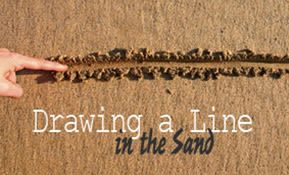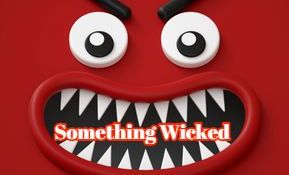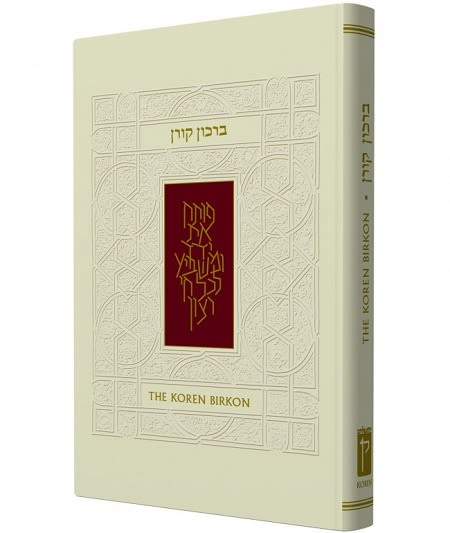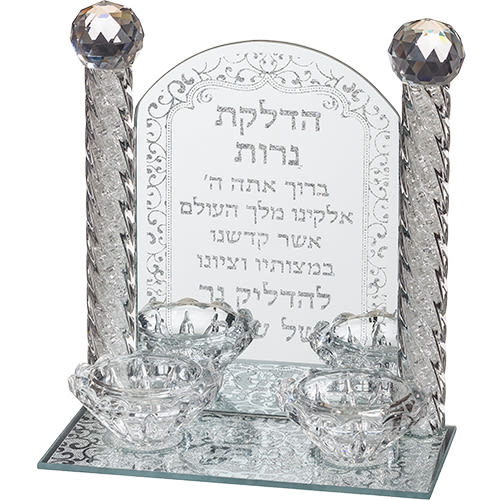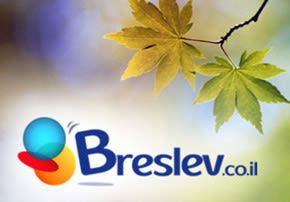
Vayishlach: The Greatest Battle Ever
Where would we be without the stereotypic “bad guy?” Could we imagine Star Wars without Darth Vader or Peter Pan without Captain Hook?

Where would we be without the stereotypic “bad guy?” Could we imagine Star Wars without Darth Vader or Peter Pan without Captain Hook? This week’s parsha serves as the archetype for all stories thereafter by introducing the age-old showdown between good and evil. However, where going to a movie will usually leave your wallet sparse and your intellect empty, this parsha offers profound insights into our lives and struggles as the Jewish people. So turn off the television, open your Torah, get cozy, maybe even grab some butter-drenched popcorn on a bed of salt, and get ready for the sparks to fly as we attempt to discover the implications of the greatest battle ever waged.
The verse reads “Yaakov (Jacob) was left alone and a man wrestled with him until the break of dawn” (Bereishit 32:25). Many questions immediately arise for the budding Torah scholars out in cyberspace, each searching for a clearer picture of this epic confrontation. Who was this stranger? Why would he pick a fight with our holy forefather? Why was the scuffle waged at night and why did it end with the break of day?
Esav's Angel
Rashi reveals that the man who wrestled Yaakov was Esav's (Esau's) guardian angel. Our sages teach that every nation is represented by such a spiritual manifestation, with two special exceptions. The nation that is descended from Yaakov (the Jews) does not have such an angel because it is on such a spiritual level that it does not require a heavenly intermediary between it and God. On the other end of the scale, the guardian angel of the nation of Esav, as we learn in the Gemara (Bava Batra), is none other than Satan himself; a personification of evil.
Noting the identity of the opponent, we must ask what quality Yaakov possessed that facilitated this encounter. Each of our forefathers epitomizes manifestations of central pillars of God’s interaction with the world. Avraham (Abraham) stands for kindness, Yitzchak (Isaac) embodies justice, and Yaakov represents the fusion of these two concepts. Yaakov personifies Torah learning, or the passionate pursuit of truth.
The Chofetz Chaim taught that the evil inclination is not really bothered if a Jew gives tzedaka, prays, or fasts, but if he doesn’t learn Torah… well that's then it's a different story.
Through learning Torah, one is able to continually grow to heights that outreach the yetzer hara. We can see this because Avraham and Yitzchak did not wrestle with this angel, which symbolizes the yetzer hara. However, whereas kindness and justice are branches of the tree, the trunk of righteousness is Torah learning. Learning Torah provides the tools to complete the world, the goals to live an elevated life, and the ability to overcome the evil inclination. Yaakov bore the responsibility to wage the war for Torah.
The Talmud teaches that learning Torah is the only way to defeat the physical drive (represented by the angel). Torah provides us with the light and guidance to see the greater picture. We learn how to disconnect ourselves from the physicality that holds us down, and to control our physical drives rather than have them control us. Yaakov brandished a sword of light.
Fighting Darkness
Darkness serves as the most effective weapon in the yetzer hara’s arsenal. It utilizes the confusion, fear, and doubt that are part of the human conscience. Humans naturally fear the unknown. Because, for many of us, the existence of a non-physical, non-finite entity such as God seems so abstract and distant, it is common to assume that the physical world is the sole reality. This doubt pushes us to pursue that which is most immediately gratifying. When our goals are hazy, we then fall prey to the negativity embodied by Yaakov’s heavenly adversary.
Clearly, this battle has far reaching implications. It served to show our own struggles, both communally and personally. For millennia, the Jewish people have been locked in a struggle for the fate of humanity throughout the darkness of exile. Cast from our home, separated from the miracles that would prove to the world that we are God's chosen ones, the Jewish people are often at war with the darkness of idolatry, closed-mindedness, atheism, immorality, and anti-Semitism. But there is hope for us. Just as we learn that the ‘man (the angel)’ had to flee at morning light, God showed Yaakov that despite the long struggle to overcome the forces of physicality in the world, we understand that when the Mashiach comes, dawn will come to civilization and the darkness will fade away like mist.
We Can Be Heroes
On a personal front, the battle is far more imminent. Each moment we are faced with moral dilemmas and decisions that will either increase our connection to God, or, God forbid, push us further from Him. We can either build the world, one deed at a time, or destroy it. Many choose to cower in fear when the stakes are so epic. For generations, however, the Jewish people have armed themselves with Torah and struggled to overcome life’s challenges, only to emerge into the light of success. No one can escape unscathed; Yaakov was crippled from his battle, but despite his wounds, he went on to fulfill his glorious role in history. We, like Yaakov, can rise up from the dust of our struggles to become heroes.
All the nations of the world have clued into the Jewish concept that an epic confrontation between good and evil takes place within a person's heart. Some have even tried to impose such idealism into various activities unrelated to the pursuit of morality. Says legendary football coach Vince Lombardi, “But I firmly believe that any man's finest hour, his greatest fulfillment of all he holds dear, is the moment when he has worked his heart out in a good cause and lies exhausted on the field of battle – victorious.”
For us as Jews, the field of battle exists in the darkest recesses of our personality, in our animal instincts waiting to be converted into the righteous merits. May we all merit, with God's help, to work our hearts out for a lofty cause and emerge victorious.


